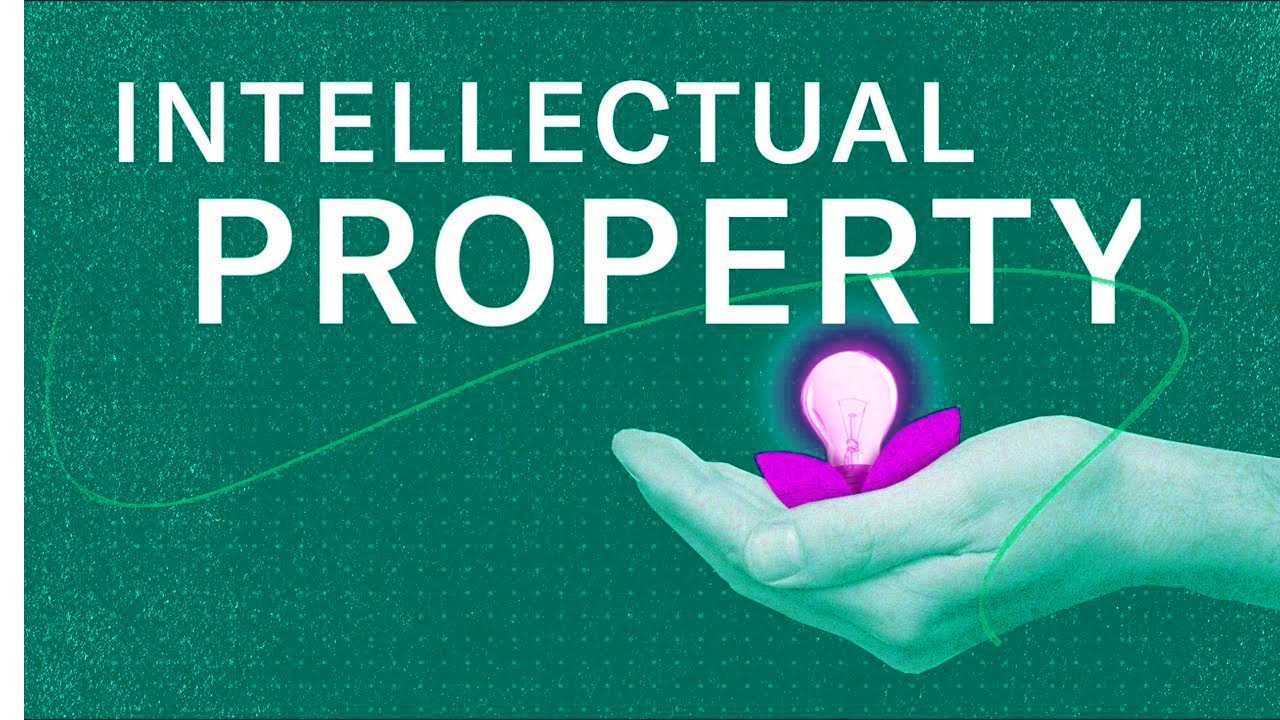Estate Planning Essentials: Building a Solid Financial Foundation

Estate planning is often a topic that many people tend to avoid or postpone, yet it is a crucial aspect of financial management. It involves making arrangements for the transfer of your estate upon your death or incapacitation. While it may seem daunting, especially for those who are unfamiliar with the process, estate planning is essential for ensuring that your assets are distributed according to your wishes and that your loved ones are taken care of. In this article, we will delve into the Estate Planning Essentials and how it can help you build a solid financial foundation for the future.
Understanding the Importance of Estate Planning
Why estate planning is crucial
Estate planning allows you to dictate how your assets will be distributed after your passing. Without a proper plan in place, your estate could be subject to lengthy and costly legal proceedings, and the distribution of your assets may not align with your wishes.
Avoiding potential disputes
Clear estate planning can help prevent potential disputes among family members and beneficiaries. By outlining your wishes in advance, you can minimize the likelihood of conflicts arising over the distribution of your assets.
Components of Estate Planning
Will and Testament
A will is a legal document that specifies how you want your assets to be distributed upon your death. It also allows you to name guardians for minor children and designate an executor to oversee the distribution of your estate.
Trusts
Trusts are legal arrangements that allow you to transfer assets to a trustee, who will hold and manage them on behalf of your beneficiaries. Trusts can be used to minimize estate taxes, avoid probate, and provide for the ongoing care of loved ones.
Power of Attorney
A power of attorney grants someone the authority to make financial or healthcare decisions on your behalf if you become incapacitated. This ensures that someone you trust can manage your affairs if you are unable to do so yourself.
Advance Healthcare Directives
Advance healthcare directives, such as a living will or healthcare proxy, allow you to specify your wishes regarding medical treatment if you are unable to communicate them yourself.
Read More: Securing Your Future: Essential Steps in Estate Planning
Building a Solid Financial Foundation
Financial Inventory
Start by taking stock of all your assets, liabilities, and insurance policies. This will give you a clear picture of your financial situation and help you determine how to distribute your assets effectively.
Setting Clear Goals
Identify your objectives and priorities for estate planning. Whether it’s providing for your family, minimizing taxes, or supporting charitable causes, setting clear goals will guide the estate planning process.
Asset Protection Strategies
Consider strategies to protect your assets from creditors and legal claims. This may involve setting up trusts or insurance policies to shield your wealth from potential risks.
Working with Professionals
Estate Planning Attorney
An estate planning attorney can help you navigate the complexities of estate planning and ensure that your wishes are accurately reflected in your legal documents.
Financial Planner
A financial planner can assist you in developing a comprehensive estate plan that aligns with your financial goals and objectives.
Tax Considerations
Estate Taxes
Estate taxes are levied on the transfer of wealth upon your death. Understanding how estate taxes work and implementing strategies to minimize their impact is essential for effective estate planning.
Inheritance Taxes
Inheritance taxes are imposed on the beneficiaries of an estate. Depending on the jurisdiction, these taxes can vary significantly, so it’s crucial to consider them when planning your estate.
Gift Taxes
Gift taxes may apply if you transfer assets to others during your lifetime. Understanding the gift tax rules and exemptions can help you minimize tax liabilities and maximize the benefits of your gifts.
Periodic Review and Updates
Life Events
Life events such as marriage, divorce, birth, or death can have significant implications for your estate plan. It’s essential to review and update your plan regularly to ensure that it reflects your current circumstances and wishes.
Changes in Laws
Estate planning laws and regulations are subject to change, so it’s crucial to stay informed about any updates that may affect your plan. Periodic review and updates will ensure that your estate plan remains effective and up-to-date.
Common Misconceptions about Estate Planning
Only for the Wealthy
Estate planning is not just for the wealthy. Regardless of the size of your estate, having a proper plan in place is essential for ensuring that your assets are distributed according to your wishes and that your loved ones are taken care of.
It’s Too Complicated
While estate planning can be complex, especially for those with significant assets or complex family situations, it is achievable with the help of experienced professionals. Taking the time to understand the process and seeking guidance when needed can help simplify the estate planning process.
Read More: Navigating the Maze: A Comprehensive Guide to Estate Planning
Conclusion
In conclusion, estate planning is a vital component of financial management that should not be overlooked. By taking the time to create a comprehensive estate plan, you can ensure that your assets are distributed according to your wishes, minimize the likelihood of disputes among family members, and build a solid financial foundation for the future.
FAQs(Estate Planning Essentials: Building a Solid Financial Foundation)
Who needs estate planning?
Estate planning is important for anyone who wants to ensure that their assets are distributed according to their wishes and that their loved ones are taken care of.
What happens if I don’t have an estate plan?
Without an estate plan, your assets may be subject to lengthy and costly legal proceedings, and the distribution of your assets may not align with your wishes.
How often should I update my estate plan?
It’s recommended to review and update your estate plan periodically, especially after major life events or changes in laws that may affect your plan.
Do I need a lawyer for estate planning?
While it’s possible to create some estate planning documents yourself, consulting with an experienced estate planning attorney is advisable to ensure that your plan is legally sound and reflects your wishes accurately.
Is estate planning only about distributing assets?
No, estate planning also involves making arrangements for healthcare decisions in the event of incapacity, naming guardians for minor children, and minimizing tax liabilities.












One Comment